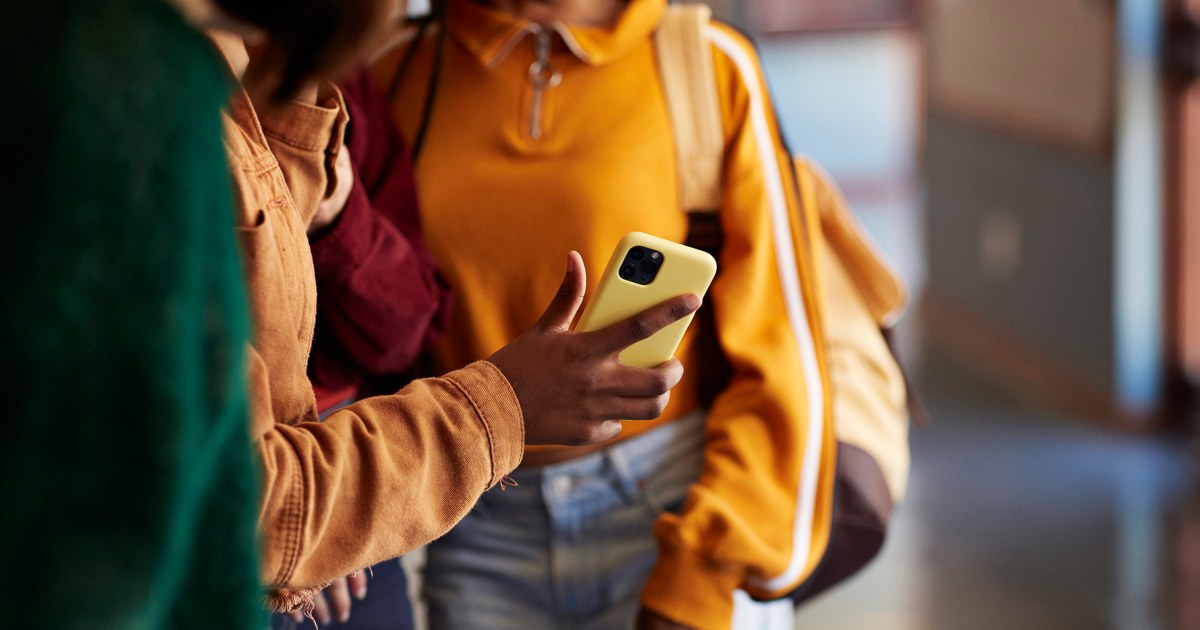Half of U.S. States Enact Laws Regulating Cellphone Usage in Schools
Twenty-five U.S. states now ban or regulate cellphones in schools, reflecting growing concerns over their impact on children's social-emotional well-being and learning.
Subscribe to unlock this story
We really don't like cutting you off, but you've reached your monthly limit. At just $5/month, subscriptions are how we keep this project going. Start your free 7-day trial today!
Get StartedHave an account? Sign in
Overview
In just two years since Florida initiated cellphone regulations in schools, half of U.S. states have followed suit. Legislators are increasingly addressing concerns that phones detract from students' focus and social interactions, framing these laws as necessary for mental health and public safety. States vary in their approaches, with some mandating full bans during school hours while others allow local districts to determine policies. Exceptions for emergencies and medical needs are common. Critics argue for teaching responsible use instead of outright bans, highlighting the tension between regulation and student autonomy.
Report issue

Read both sides in 5 minutes each day
Analysis
- A growing number of U.S. states have enacted or are considering laws to regulate cellphone use in schools, reflecting a significant shift in public perception regarding their impact on students' mental health and academic performance.
- Legislators from both parties agree that cellphone restrictions can improve students' social interactions and academic focus, indicating a rare consensus on the issue.
- Concerns exist regarding the lack of funding for implementing these policies, with many states not allocating resources to facilitate the necessary changes in schools.
Articles (3)
Center (3)
FAQ
No FAQs available for this story.
History
- This story does not have any previous versions.

